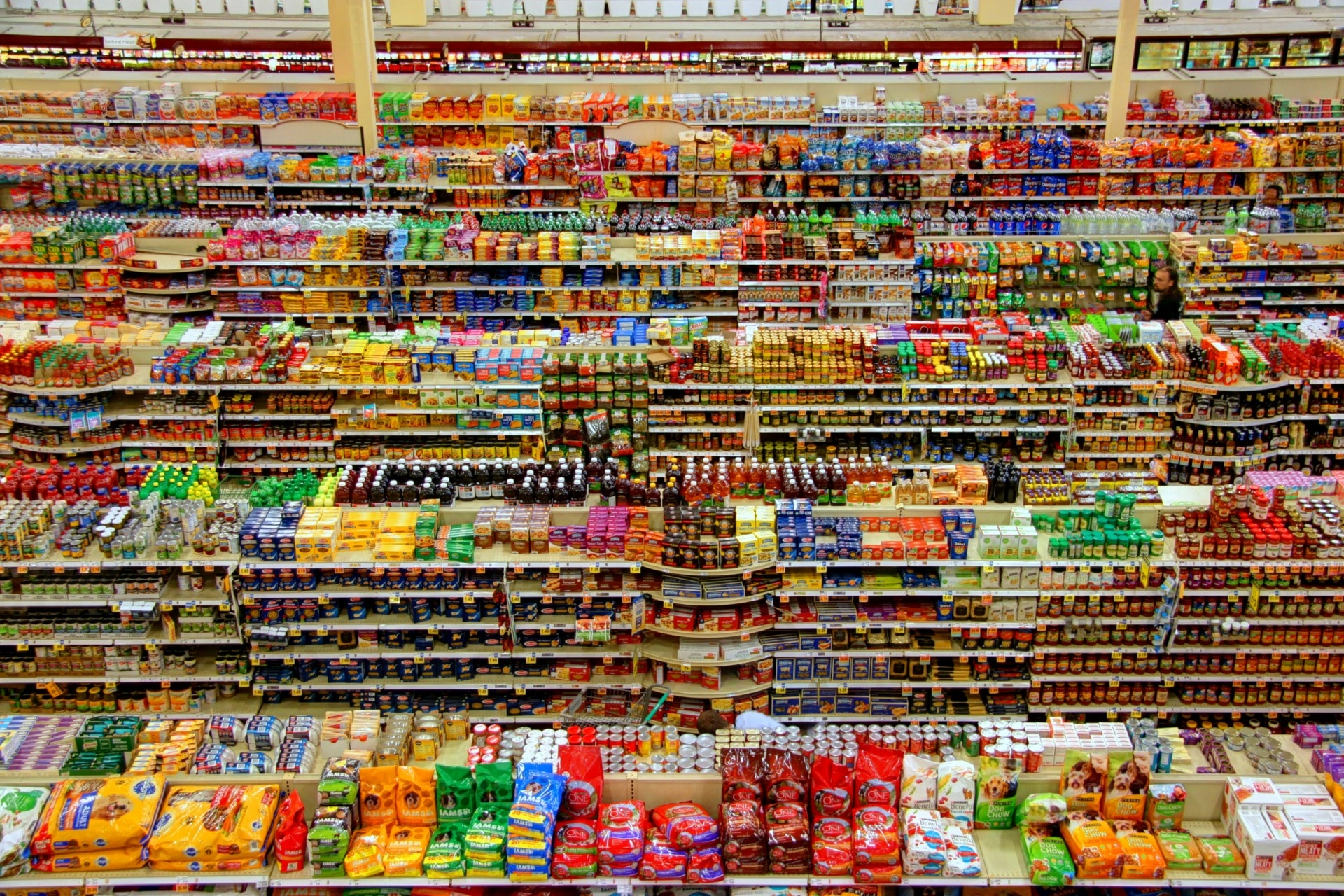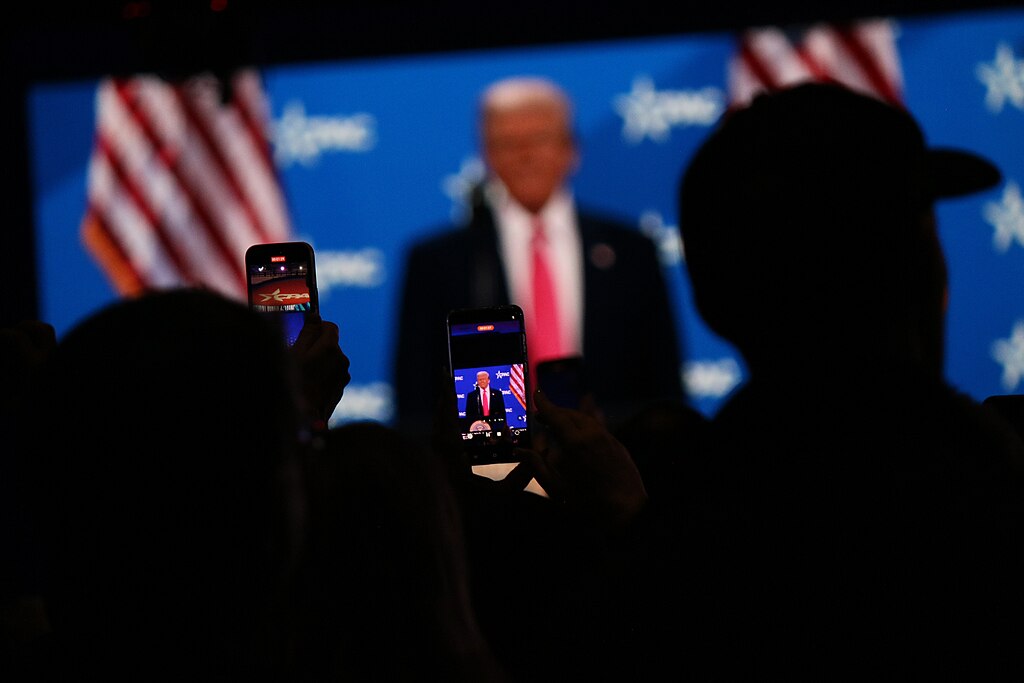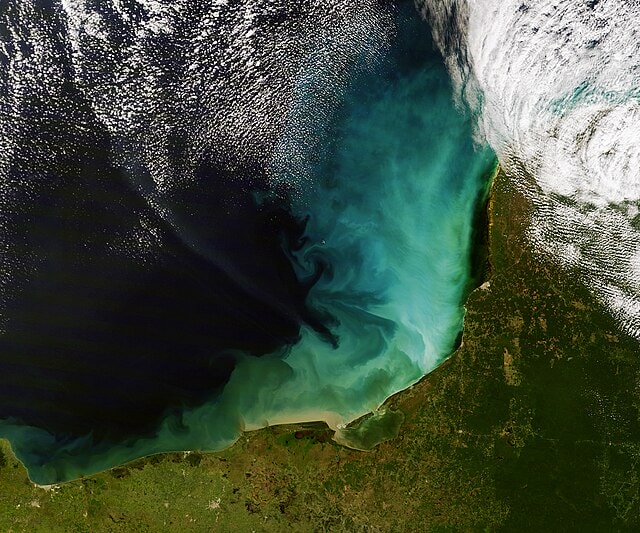U.K. to Penalize Platforms for Content Violations
The U.K. government announced last week that they plan to enact legislature which will penalize social media platforms that do not remove or block harmful content on their sites. The U.K. elaborated that posts containing child abuse, cyber bullying, and terrorist propaganda will be under scrutiny.
The U.K.’s new regulations are targeting platforms with user-generated content like YouTube, Facebook, and Twitter. Details regarding penalties and exact guidelines for content have yet to be specified.
To some, these plans sound like a good approach to improving safety for social media users. To others, however, imposing such laws may be a slippery slope towards censorship.
With multiple billions of users posting every single day, social media giants like Facebook and Twitter have a colossal responsibility to moderate content and ensure that users aren’t subjected to spam, harassment, or obscene posts. The platforms use a combination of contractors and artificial intelligence algorithms to scour new posts for offensive material to remove. While illegal content such as child pornography is always deleted, other content can be legal but objectionable, posing a dilemma for moderators.
Moderators Face Difficult Judgement Calls
In 2016, criticisms surfaced when Facebook blocked the “Napalm Girl” photo for violating its child nudity policy. Although the historical photo does depict a naked nine-year-old girl, it is globally recognized as an important documentation of tragedy during the Vietnam War.
Meanwhile, in 2019 YouTube faced advertiser boycotts for neglecting to block comments which were indecent but did not explicitly violate their community guidelines, and thus were not detected by their policing algorithms. The problem arose in the comment section of innocent videos of children’s gymnastics, in which pedophiles were swarming with sexually suggestive emojis and timestamps.
Not only were YouTube moderators overlooking the pedophilic nature of the comments, but their recommendation algorithm was facilitating the congregation of pedophile communities and monetizing them for profit. YouTube swiftly responded to backlash by disabling comments on millions of children’s videos and deleting over 400 channels that had left lewd comments on videos of children.
These two anecdotes are examples of the difficulty moderators face in judging if a post is acceptable or unacceptable. Once the U.K. government is involved in penalizing harmful content, they will have to dedicate expensive resources to evaluating problematic content and making innumerous judgement calls, some of which are likely to evoke public outcry.
Penalties Enable Monopolizing
Another concern is that the U.K.’s new regulations may be encouraging social media monopolies. Because most social platforms do not have the financial resources equal to that of Facebook, Twitter, or Google, penalties for smaller platforms may force them to shut down.
Nine out of ten smartphones use an operating system made by Apple or Google. Facebook has 2.5 billion monthly active users as of January 2020. This enormous success achieved by quasi-monopolies Facebook and Google can and often is perceived to threaten innovation in the tech market.
The last thing we as consumers want is to discourage small competitors by penalizing them for content violations. Budding competitors would struggle even more to compete, and would either be forced out of the market or bought by monopolies, perpetuating the vicious cycle.
Related Articles: Over-Sharenting on Social Media | Big Data Can Help Achieve Global Gender Equality
Fairness and Bias in Execution of Law
There is also concern that heavy content moderation can silence legitimate voices such as marginalized groups. In 2016, Facebook began collaborating with the Israeli government to tackle “incitement” on the platform.
This means that the Israeli government is now free to surveil and censor their Palestinian political opponents by restricting Palestinian assembly and silencing journalists. Consequently, Israeli posts that contain extremist rhetoric are censored less, while extremist Palestinian posts are censored more.
We now know that Facebook can be compelled by governments to subvert minorities, which is bad news for those of us who would like to use these sites to communicate about social injustices or assemble a demonstration.
Government involvement in content moderation may mute some of our voices, while simultaneously amplifying voices of others. With over 72.6M followers, U.S. President Donald Trump has been the single most infamous politician on Twitter, tweeting about everything from political conspiracies to smearing his critics.
Although his tweets are constantly raising eyebrows, people were especially shocked to see Trump’s multiple tweets threatening North Korea with nuclear war. Though it is clearly stated in Twitter’s policies that users may not threaten violence against any groups of people, none of the tweets were ever blocked. This begs the question, does Trump get a pass because of his high status?
North Korean Leader Kim Jong Un just stated that the “Nuclear Button is on his desk at all times.” Will someone from his depleted and food starved regime please inform him that I too have a Nuclear Button, but it is a much bigger & more powerful one than his, and my Button works!
— Donald J. Trump (@realDonaldTrump) January 3, 2018
If the U.K. chooses to fine platforms, will they have the strength to stand up to celebrities or political leaders that break the rules? After all, Trump’s threats could be interpreted as the most egregious violation of Twitter’s policy in the platform’s history. If the government gets involved in moderation, citizens should expect that every post be evaluated equally despite the status of the poster.
Content Laws and Shifting Political Powers
Initially, the internet was envisaged to be a safe public sphere to discuss our opinions about news, religion, and politics. However, citizens of some countries do not have the luxury of enjoying access to unrestrained discourse.
For example, China is notorious for applying a strict and sophisticated surveillance apparatus which censors all networks within its reach, whether it be social media, news outlets, television, or even private messages. By doing so, the Chinese government reserves the right to oppress any publication which threatens its authority.
Like the U.K.’s new legislation, China’s online censorship began with laws written in parliament buildings. And like U.K.’s new regulation, China began their censorship mandates with vague definitions such as content which is deemed “harmful.”
How each country interprets these vague terms depends on the political climate at the given time. Critiquing the government can be interpreted as harmful to some leaders. While the U.K. ranks high on the democracy index today, we never know what kind of leadership could befall the country. By enacting laws which give the government control of our online voices, we could be giving authoritarians the tools to silence ourselves.
Consider This
Content moderation is essential to ensure a safe social media experience. Conversely, those who control our content have the potential to restrain our freedom to share ideas. The question is, do we trust our governments to regulate our online social discourse? Does the U.K., or any government for that matter, have the time, resources, or capacity to execute these policies consistently and fairly?















